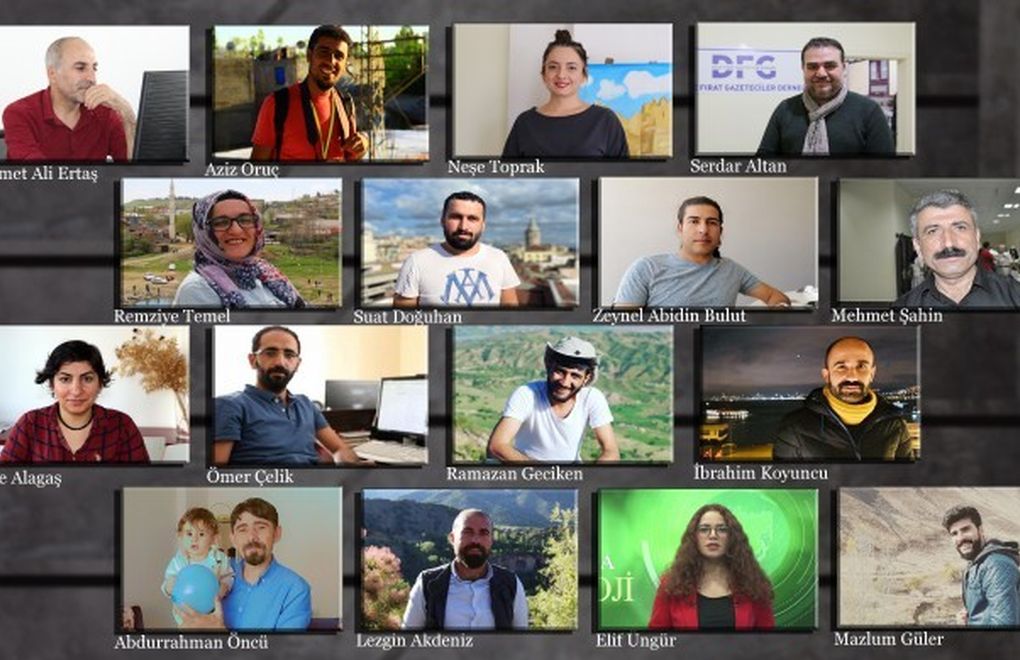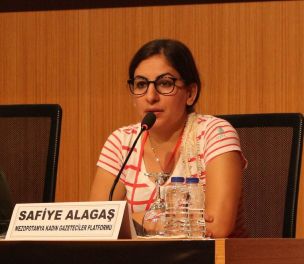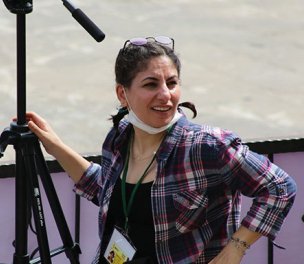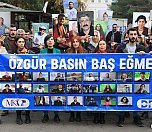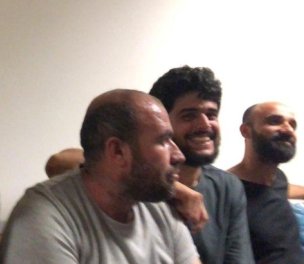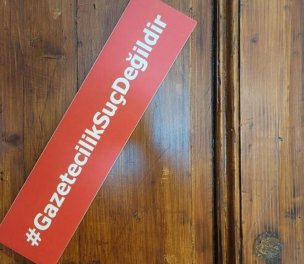Click to read the article in Turkish
Sixteen journalists working for Kurdish outlets are arrested since June 16 in the southeastern Diyarbakır city. The journalists were not able to see their visitors on visiting day this week because the names of their visitors were removed from the 'list of visitors'. The reason put forward was that they are "objectionable."
Diyarbakır High Security Prison No. 1 and 2 Administration and Monitoring Board has, as of this week, prevented the visitors of arrested journalists, whose names were included in the list of visitors before, and who have been visiting them since they were arrested.
Mezopotamya Agency reported that a "security investigation" was put forward as the reason for preventing visitors collectively.
Thus Dicle Fırat Journalists Association (DFG) Co-Chairperson Serdar Altan, Xwebûn Newpaper Editor in Chief Mehmet Ali Ertaş, journalists Ömer Çelik, Zeynel Abidin Bulut and Mazlum Güler were not able to see their visitors this week.
"A second punishment"
Resul Temur, the lawyer of the journalists, named the imposition "a second punishment." Timur drew attention to the fact that no indictment was yet prepared for the journalists since 145 days.
Temur said, "Among the visitors of the journalists Ömer Çelik, Zeynel Abidin Bulut, Mehmet Ali Ertaş, Mazlum Güler and Serdar Altan, no permission was granted to those who are journalists as well."
"And there is no explanation in the 'security investigation' made on why the person to visit the detainee is not being allowed. These are unlawful, arbitrary decisions."
Temur emphasized that long periods of detention without a judicial judgment was already a big problem but that besides the practice of not allowing the detainees to see their visitors was yet another punishment.
Temur also said that they were going to make their objections at the judiciary.
What happened?
On June 8, the police raided several homes and offices of news outlets in the predominantly Kurdish populated province of Diyarbakır. Twenty-two people, including 20 journalists, were detained.
After eight days in detention, a judgeship ruled for the arrest of 16 journalists on "terrorist propaganda" charges, citing their news reports and social media posts as evidence.
During their interrogation, the questions they were asked included what they meant by "Kurdish question" and whether they had received instructions, an attorney of the journalists had told bianet.
The arrests triggered a backlash from journalists and international organizations.




